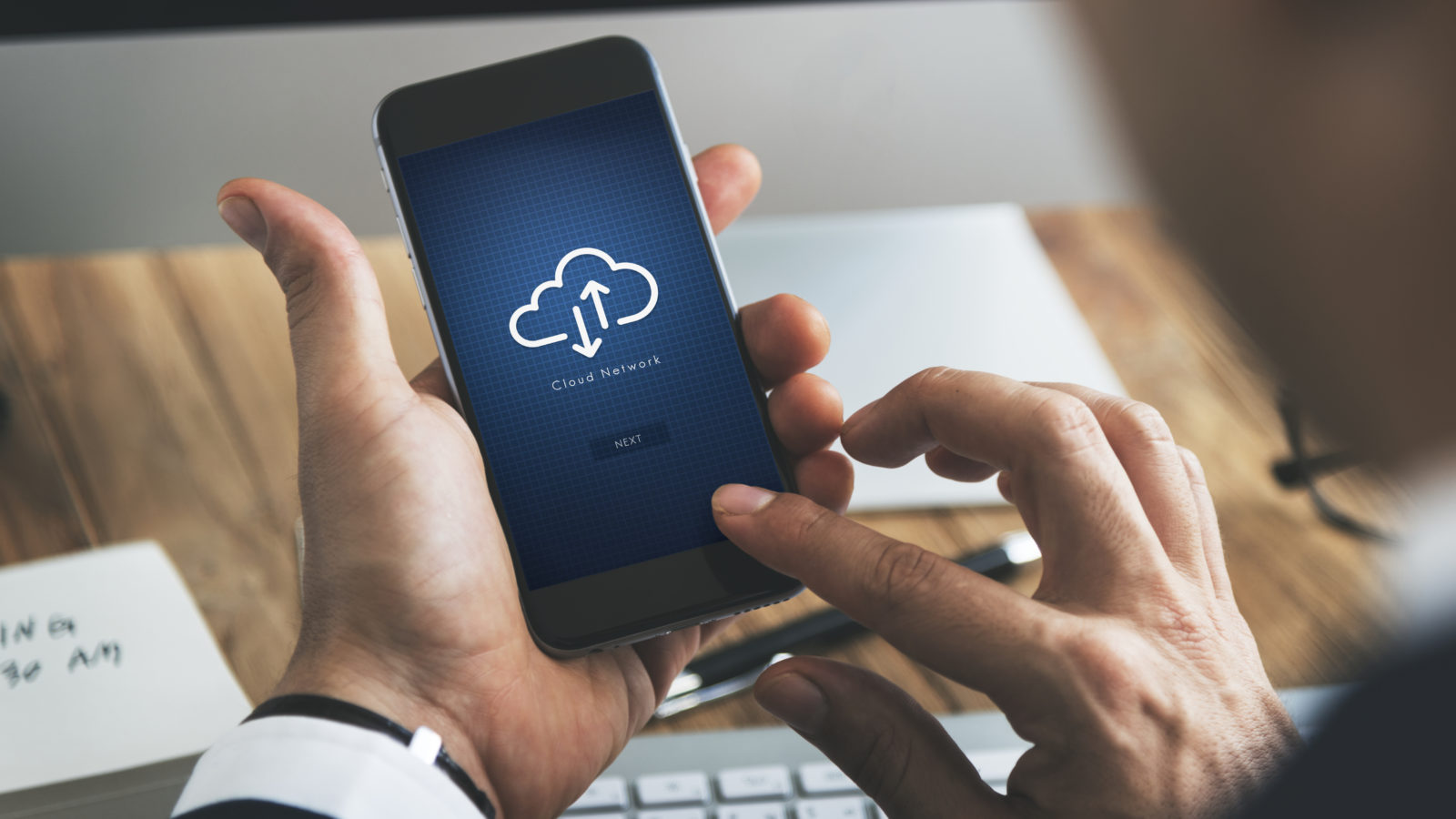How long does it take for you to pull out your phone when you are alone in a crowded place? To be sure, it has become a common and accepted behaviour, and at times it is nice to catch up on news or social media. But for many of us, pulling out our phone becomes something more like an adult version of a child’s pacifier.
In those moments of perceived tension, phones can become their own method to outsource regulation of our emotions, or worse, can develop into an exclusive outlet for personal feedback and validation.
There’s no doubt that smartphones can serve as tools and entertainment. So while they can be useful, they can also become a needless distraction from the present moment. Where’s the line for when a tool becomes a crutch? How can we find skilful screen time?
With the number of smartphone users in India expected to cross 440 million by 2022 and data and handsets becoming cheaper, one thing is established—that telephony is here to stay.
From 299.2 million in 2017, 340 million in 2018 to 442.5 million in 2022, India’s smartphone user base is expected to grow nearly 50 per cent in five years. The growth is understandable as Indians spend about 71 billion hours on the top five social apps.
A 2017 report by analytics company App Annie found that Indians downloaded 12.1 billion apps on their phones and tablets last year, compared to 11.3 billion in the US. That is a triple of 2015 figures, while the US registered a five per cent drop in the same period.
The country’s smartphone market too became bigger than America’s in this time. And as a result of low-cost 4G data plans, there has been a threefold jump in mobile data usage in six months.

Devices have become an inherent part of our lives but to date there are no “guides” for healthy exposure, and the detrimental effects are becoming apparent. A survey of 518 college students in the US found that higher cell phone use negatively predicted academic performance (GPA), after controlling for demographic variables, self-efficacy, and high school GPA.
The findings extend further than just poor grades: another recent survey of 516 college students found that cell phone use indirectly influenced college students’ sleep quality and academic performance through inopportune cell phone use behaviours and habits. The same study also linked inopportune cell phone use behaviours and total daily cell phone use to decreased subjective well-being. Even more alarming, scientific findings associate higher cell phone use with decreased physical fitness and higher anxiety.
So why do we constantly reach for something that holds us back? In a recent mindfulness session I attended, our instructor asked us to place our phones in the middle of the table.
A brave few hesitantly deposited their phones, some exchanged fearful glances, and about half of the room responded with something like, “I’ll still participate, but I need to keep my phone.”
Think about it: Even the times we uniquely set aside for being present in the physical world can be thwarted by the suggestion of a mere whiff of virtual engagement.
The issue isn’t that phones themselves are inherently evil; the issue is that phones allow us to indulge our deepest emotional insecurities without examining where they come from. Consider recent studies showing that in people with a higher sense of purpose, self-esteem was not affected by a lack of feedback on social media. So clearly not everyone is as adversely affected by the drives of the phone as others. What are they doing differently?
It begins with reflection — What is the precise reason we pull out our phones? Are we hoping to avoid something stressful in the moment? Are we hoping for the email/text that resolves some dispute? Are we hoping to get enough “Likes” on our Instagram? What emotion exactly underlies each of these drives? When we carefully examine these impulses, we begin to address the root concern and can return to using our phones for what they’re best designed (dog videos on Reddit).
So here’s a smartphone manifesto, a skilful guide to using our phones wisely. Take the pledge and try it out for a week:
- I pledge to turn off my electronic devices at least an hour before bedtime.
- I pledge to only spend 30 minutes on social media apps per day (the average is currently 135 minutes per day).
- I pledge to look at my phone to receive only valid information that will add benefit to my day after my 30 minutes of social media time.
- I pledge to try out a phone-less dinner: The next time you are at a social meal, ask all of your friends to place their phones in the middle of the table. Whoever reaches for their phone first has to buy dinner.
- Most importantly: I pledge not to judge myself if I have trouble with the above challenges. Instead, I will examine the feelings that arise when I reach for my phone and use them to guide my skilful behaviour.


